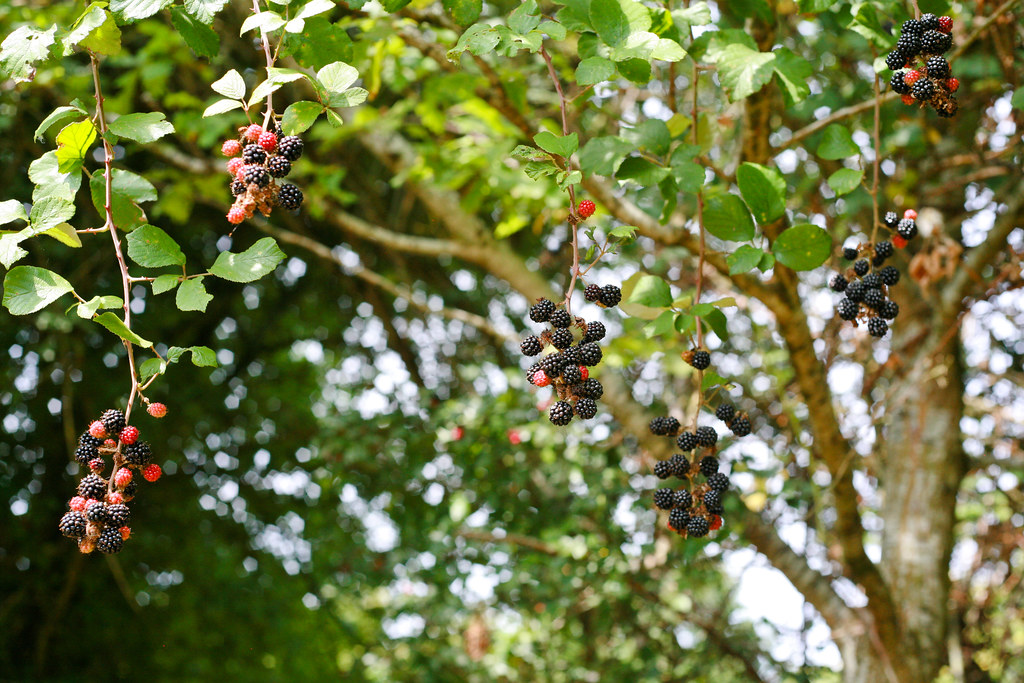 By David Gearing
By David Gearing
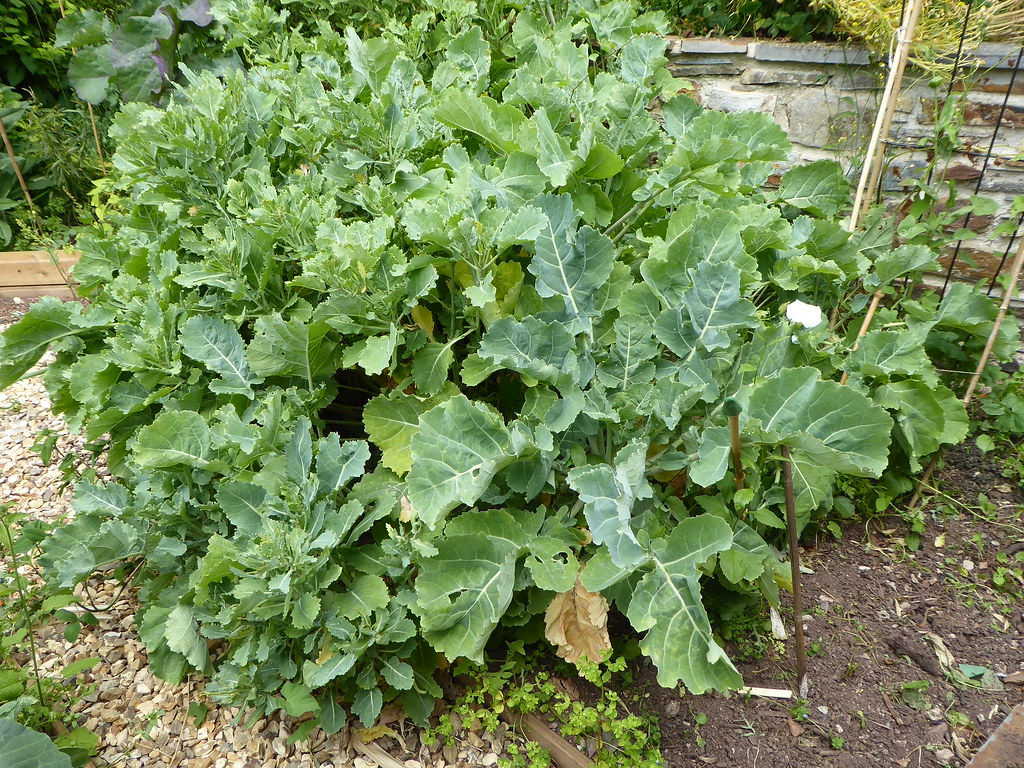
Plants For a Future began in a field in Cornwall in 1989, where Ken and Addy Fern began researching and collecting information about perennial edible and useful plants that could be grown in a temperate climate. Knowledge of the initial 1500 species that they grew became a much loved book and free to access database. There are now over 8000 plants on the database and its scope has increased to include both tropical and subtropical plants.
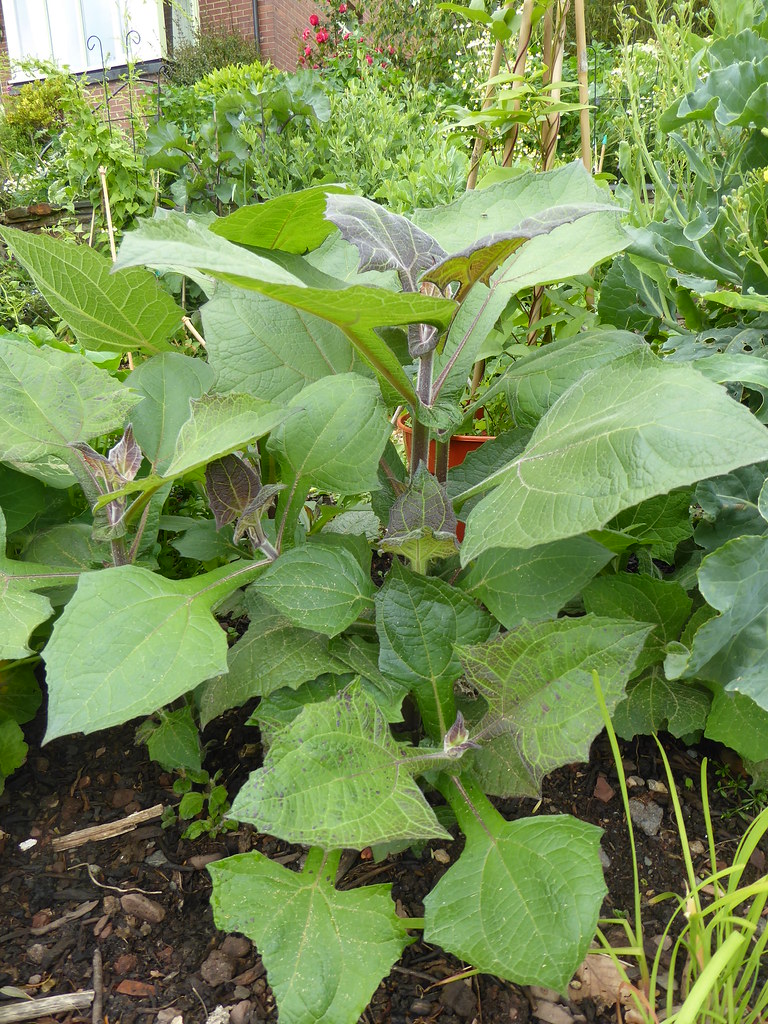
We are now a registered charity run by a board of trustees. The main activity of PFAF is to provide a free-to-use online database with detailed, codified information of mainly perennial plants, with edible, medicinal and other uses. The information is progressively enhanced and refined through our own expertise and research, and information from our users. A powerful search facility is provided on our website to enable selection of sets of plants to meet combinations of criteria, including properties and uses, growing conditions, and suitability for use within food forests/ forest gardens or carbon farming applications. We also develop and sell illustrated plant reference books with different themes, the most recent being Plants for Your Food Forest.
I’ve been involved with PFAF in a general support role since my wife Chris Marsh became Managing Trustee in 2008, and more actively in the last year. My background as management consultant, specialising in information systems and latterly on national health care projects, has really helped me to appreciate the tremendous work that has gone into creating this resource. I have particularly enjoyed the opportunity for more direct contact with permaculture practitioners and with people who understand and appreciate our focus on edible perennials, and the projects they are planning or engaged upon.
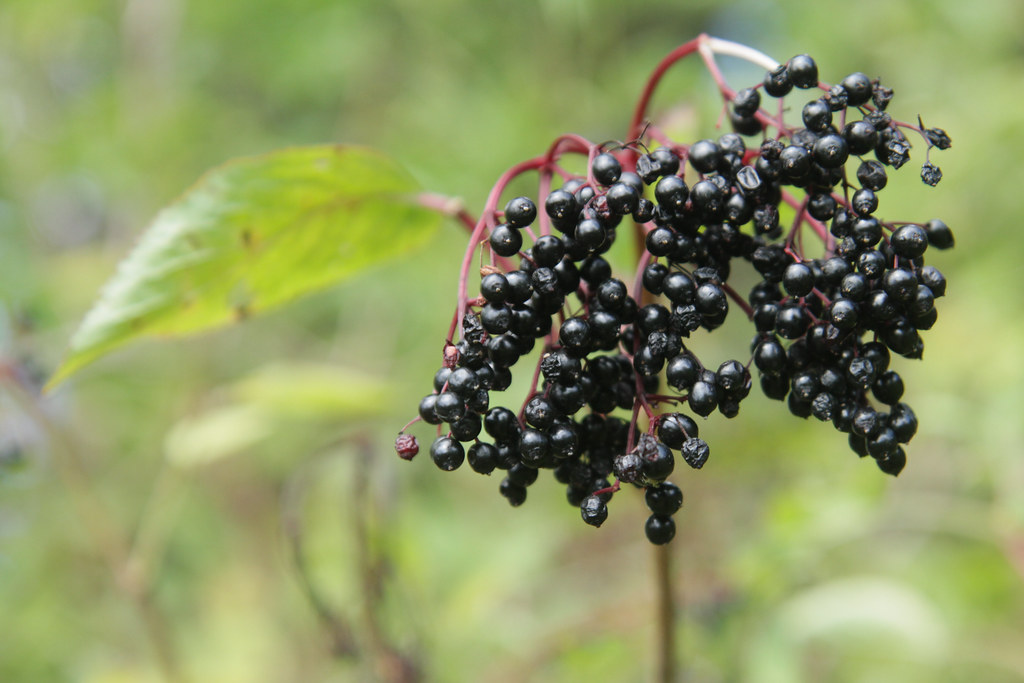 PFAF is a UK-based charitable company, but users of our database are from all over the world. We are not a rich, well-endowed charity, and manage to achieve a lot with little money. We sell our books and get some revenue from advertising on our site, but the majority of our income comes from donations from our users. Most of our costs are concerned with paying for specialist help with database and website design, development and ongoing support, and research on plants of interest. For many years we have barely broken even, but recently we have managed better and have created a small capital reserve of funds which we would like to put to good use. This has coincided with the offer of additional funds from a benefactor prepared to make personal donations to match those by PFAF. This has enabled us to launch our new Food Forest Fund.
PFAF is a UK-based charitable company, but users of our database are from all over the world. We are not a rich, well-endowed charity, and manage to achieve a lot with little money. We sell our books and get some revenue from advertising on our site, but the majority of our income comes from donations from our users. Most of our costs are concerned with paying for specialist help with database and website design, development and ongoing support, and research on plants of interest. For many years we have barely broken even, but recently we have managed better and have created a small capital reserve of funds which we would like to put to good use. This has coincided with the offer of additional funds from a benefactor prepared to make personal donations to match those by PFAF. This has enabled us to launch our new Food Forest Fund.
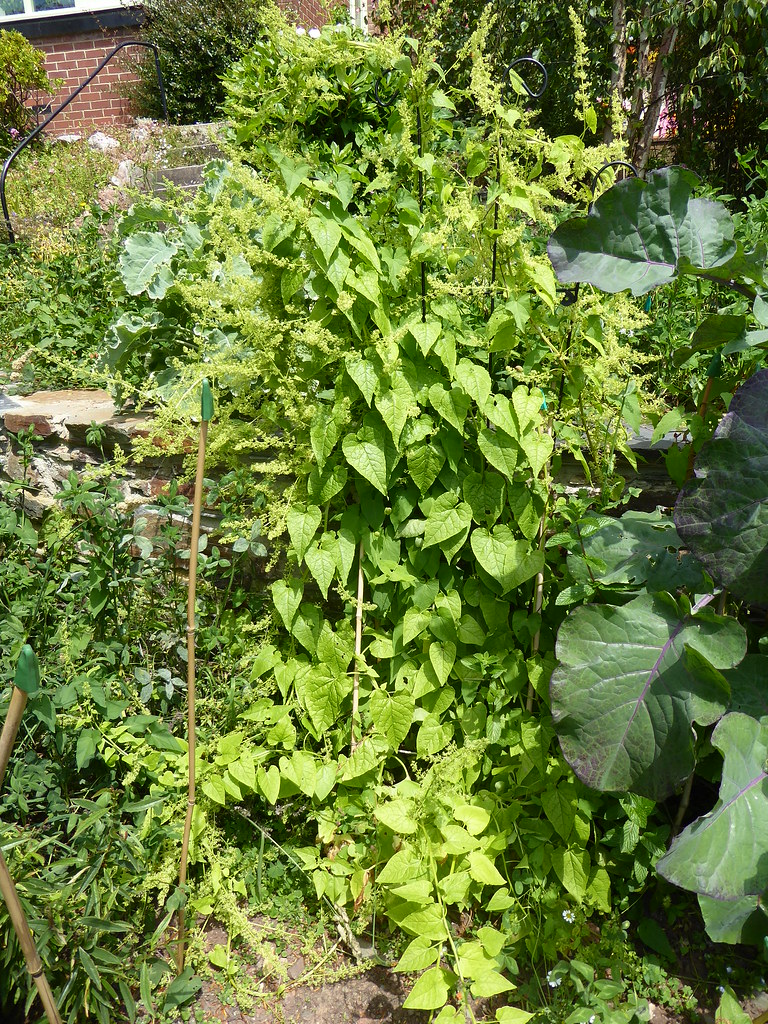 The Food Forest Fund is available to groups or individuals both in the UK or overseas, planning or just starting to develop a new food forest project. We expect to be awarding grants of between £1000 and £3000. We will favourably consider grant applications from projects which have most of the elements of what is generally considered to be a food forest. These will include a concept that aims both to produce food and sequester carbon on a site with secure tenure, and a realistic and costed plan that features perennial plants of various sizes and with various attributes, occupying different layers in the design and each having useful functions within the food forest ecosystem.
The Food Forest Fund is available to groups or individuals both in the UK or overseas, planning or just starting to develop a new food forest project. We expect to be awarding grants of between £1000 and £3000. We will favourably consider grant applications from projects which have most of the elements of what is generally considered to be a food forest. These will include a concept that aims both to produce food and sequester carbon on a site with secure tenure, and a realistic and costed plan that features perennial plants of various sizes and with various attributes, occupying different layers in the design and each having useful functions within the food forest ecosystem.
The criteria for applying for the fund are as follows:
1) A planned ecosystem modelled on natural processes, with the aim of growing food and sequestering carbon at the same time, on a site with secure tenure;
2) The project should be designed to meet the needs and aspirations of those working on it or relying on it;
3) It should include plants of various sizes and with various attributes, occupying different layers in the design: typically a canopy layer, shrub layer, herb layer and climbers;
4) The majority of the plants will be perennials, and all will be food producing, and/or will sequester carbon in their woody parts or in the soil, and will have useful functions within the ecosystem.
Contact our trustee George Sobol at [email protected]